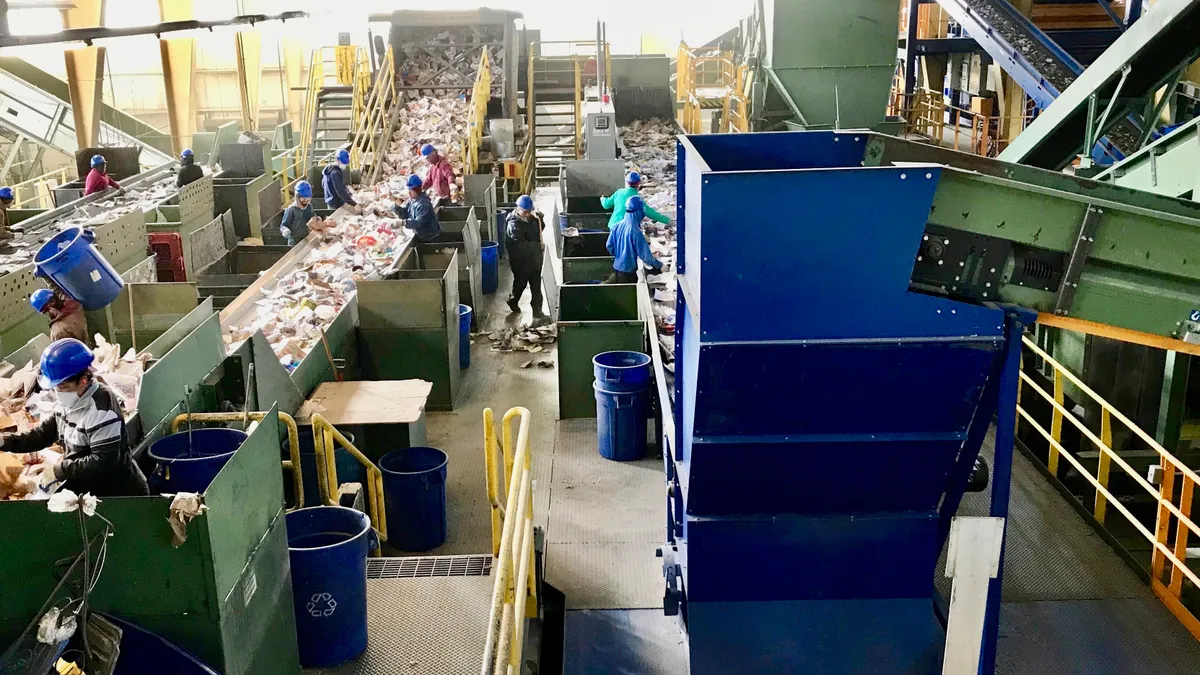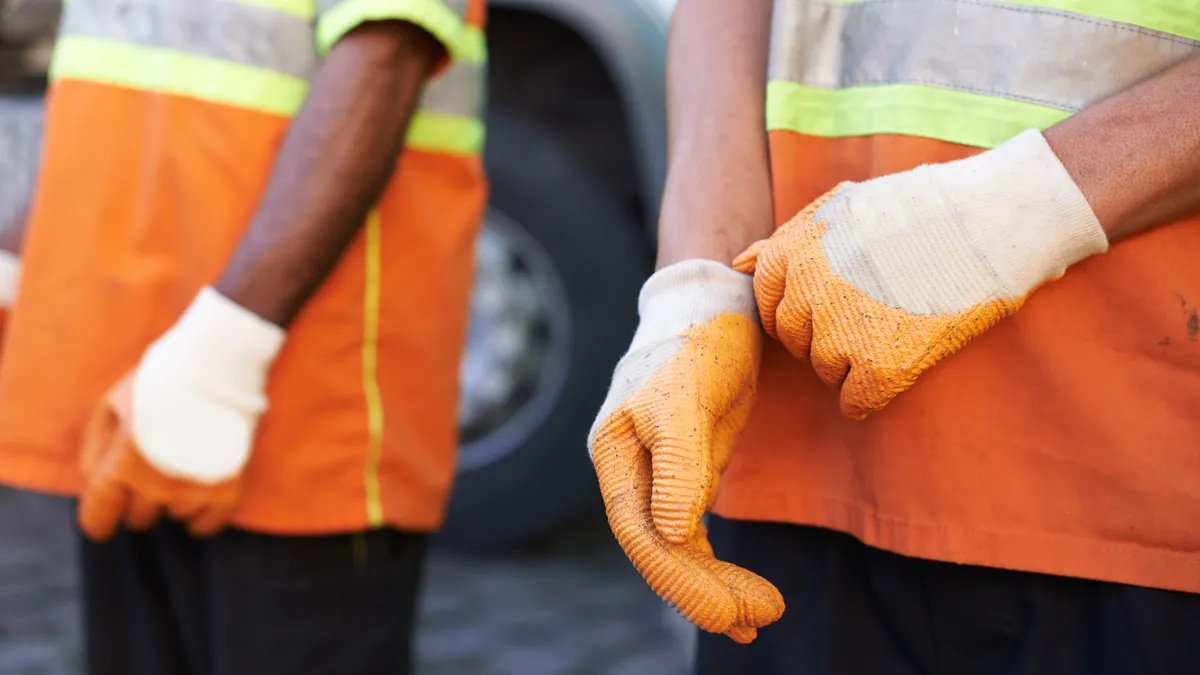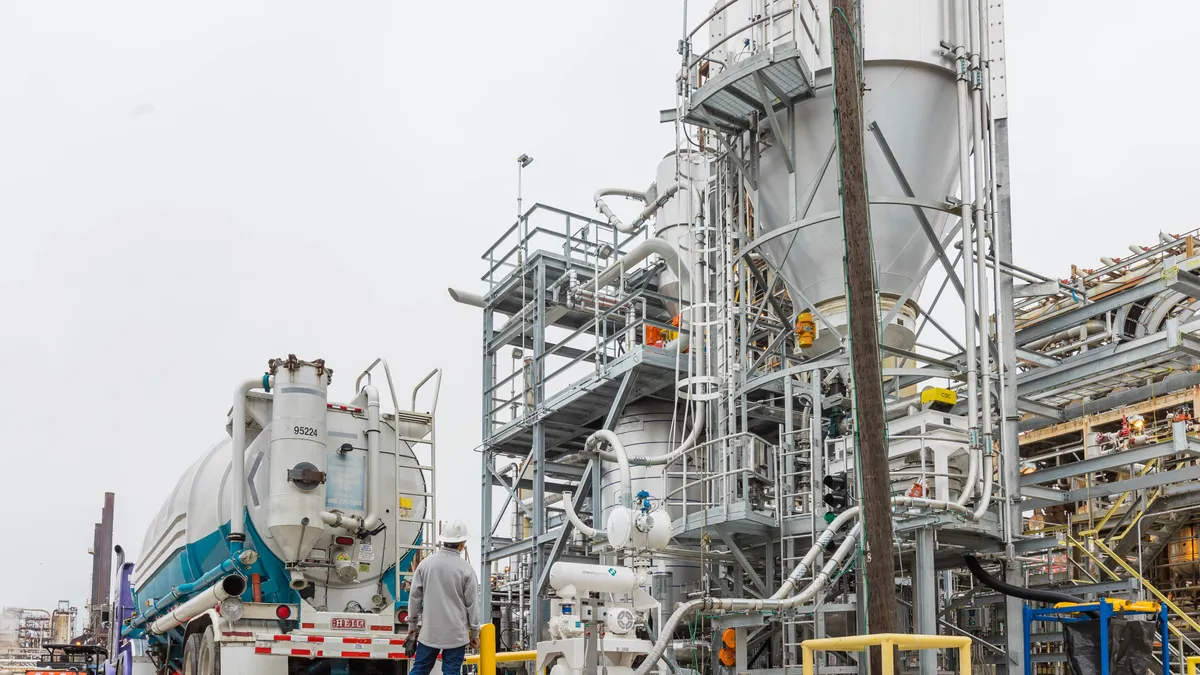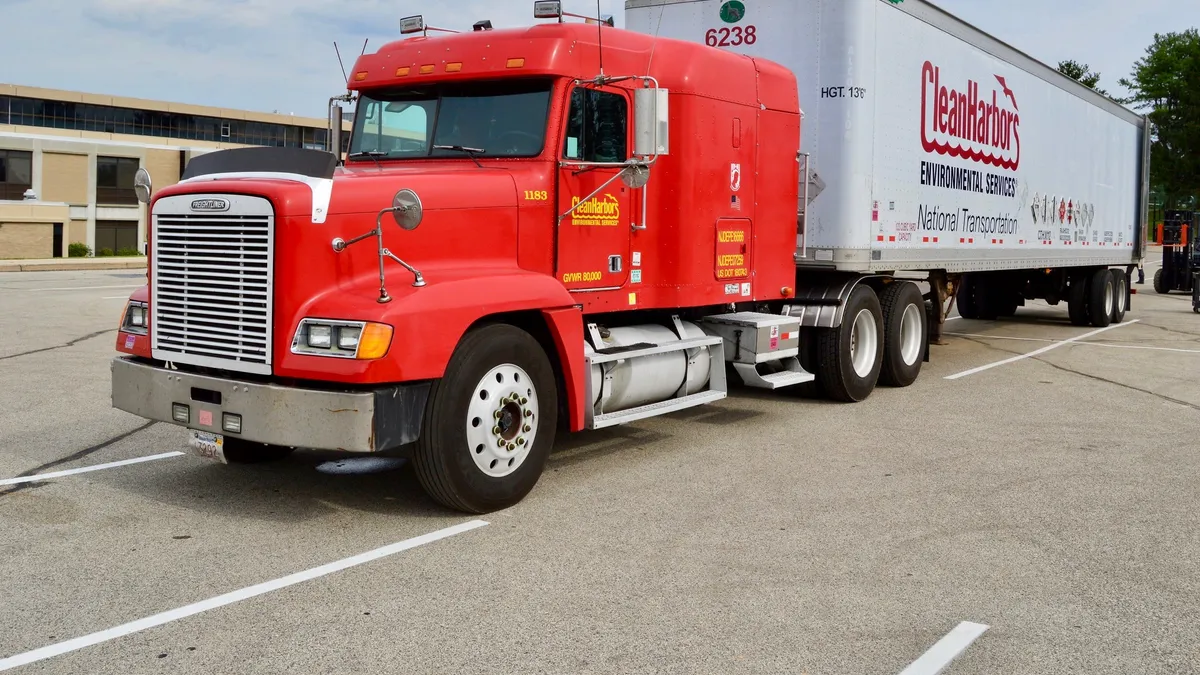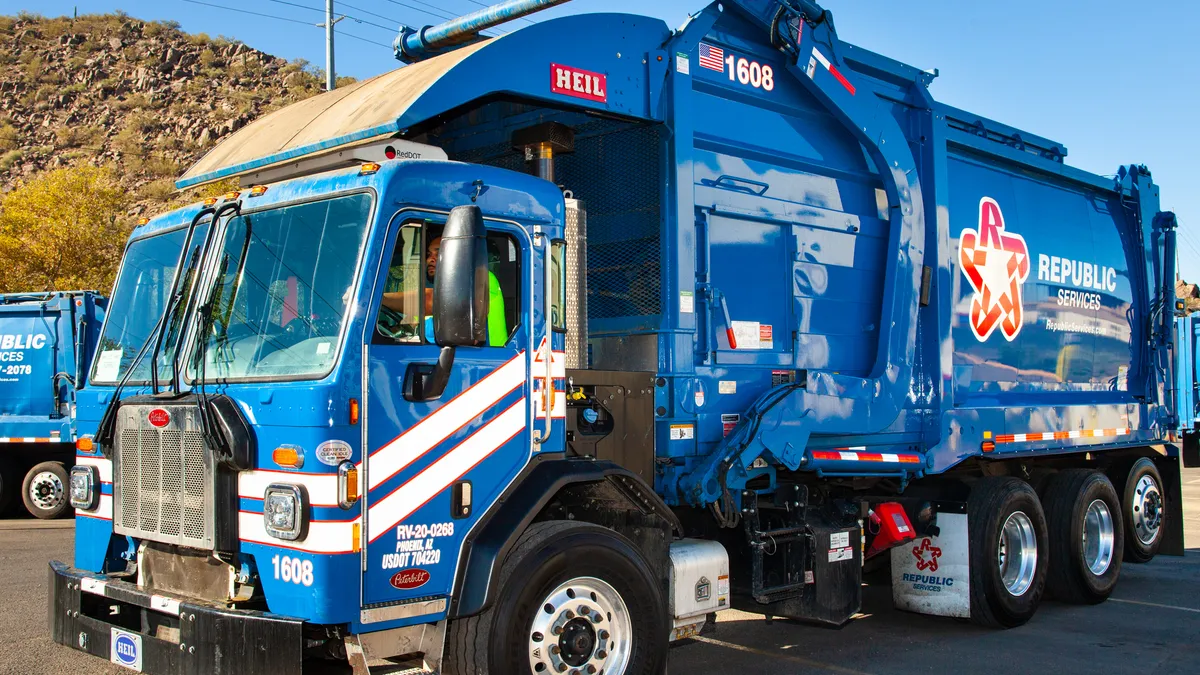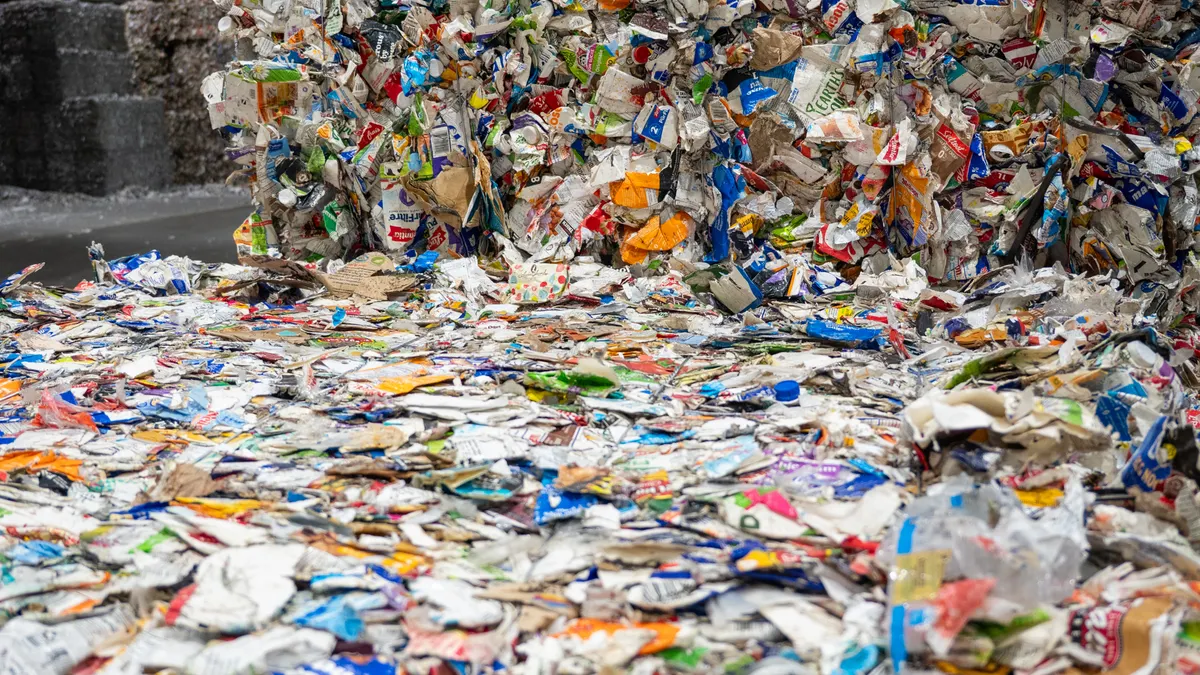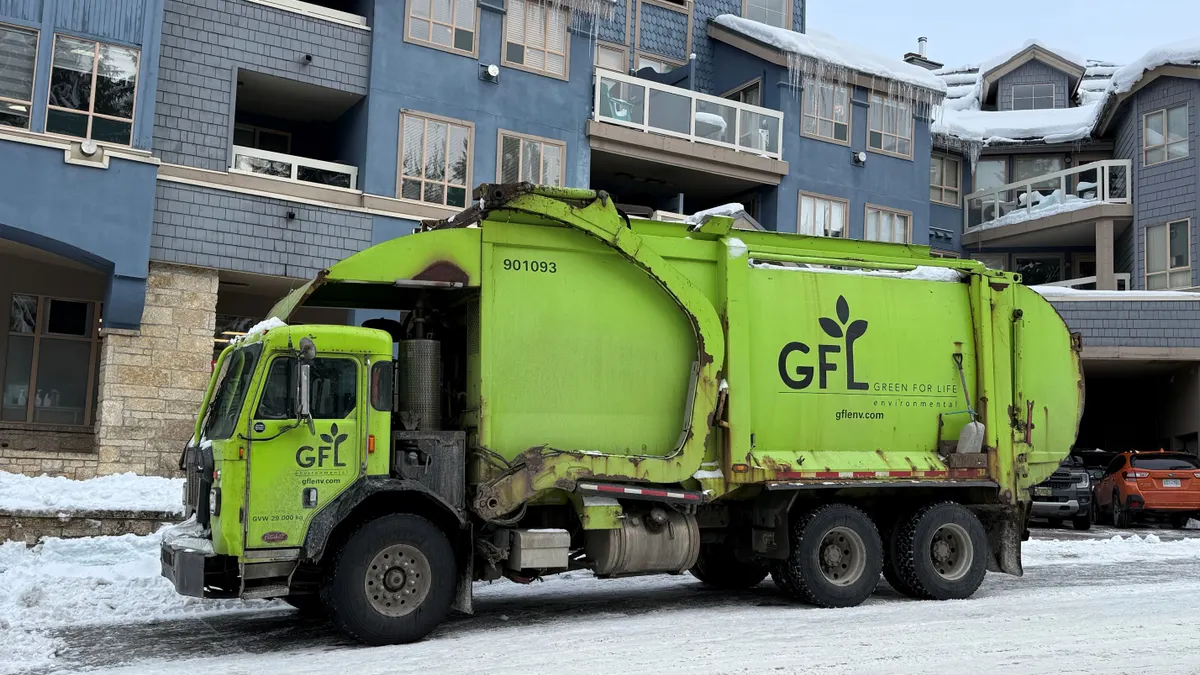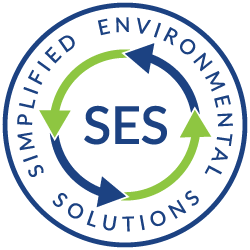As Colorado releases its recycling data from 2024, the state anticipates that regulatory changes taking effect next year could lead to higher diversion rates in the future.
The recently released recycling and composting report from Eco-Cycle and CoPirg Foundation noted that Colorado made “significant advances” in recycling and organics efforts in 2024, mainly through successes and breakthroughs at the local level.
The annual report also highlights how coordinated statewide advancements are expected to significantly boost the state’s overall diversion rate. Colorado’s upcoming extended producer responsibility law for packaging, as well as new battery stewardship and right to repair laws, will go into effect in coming years.
These programs are also expected to support existing, successful local recycling and organics programs, according to the report.
Colorado’s statewide waste diversion rate was 15.7% in 2024, about flat compared to the previous year. One contributing factor is that “Colorado doesn't really have a top-down recycling system. There's no mandate, for even waste diversion plans at the community level,” said Rachel Setzke, senior policy advisor at Eco-Cycle and a report author.
Some cities have enacted recent diversion plans that contributed to regional progress, according to the report. In 2024, the city of Longmont logged a commercial waste diversion rate increase from 35% to 59% after implementing its universal recycling ordinance. In Boulder, a deconstruction ordinance that went into effect in 2020 has led to the diversion of about 76% of all materials from buildings taken down within city limits.
The report also notes key successes from organics diversion programs. Across the state, these programs diverted 50% more woody material from disposal compared to previous year, collecting 375,000 tons in 2024, the report states. Fire prevention measures were one driver of that increase.
Residential organics programs in places like Denver and Aspen also showed progress. Denver’s program increased organics diversion by 55% in 2024, due in part to expanded service plans that now cover 75,000 homes.
Aspen launched a new organic waste ordinance in 2023 that requires food establishments to have an organics hauler. The program diverted 2,600 tons in 2024, a 350% increase from the prior year, according to the report. Aspen’s phased program expands in 2026 to require multifamily buildings and commercial properties to offer access to organics collection. In 2028, the ordinance will require organics diversion citywide.
The report also called out the “larger need for coordinated or statewide policies” to make a greater impact on organics diversion. It advocates for passing a statewide organics diversion law and for better coordination between state agencies. In Glenwood Springs, for example, yard trimmings are now banned from the nearby South Canyon Landfill. Yet many residents are taking the material to other nearby landfills instead, the report stated.
On the recycling front, numerous cities have enacted or updated ordinances that are expected to raise statewide recycling rates.
Longmont enacted a new universal recycling ordinance in January that requires all businesses, apartment communities, and city-permitted events to provide recycling collection services.
The cities of Broomfield and Steamboat Springs both recently adopted a volume-based pricing model in an effort to encourage recycling. Broomfield’s ordinance is part of its single-hauler contract, while Steamboat Springs added pay-as-you-throw as a requirement for its hauler licensing.
The report calls for other Colorado communities to align programs with the upcoming EPR program by implementing standards such as volume-based pricing and organized hauler contracts, or, “if the community remains with an open-market system, another option is to require recycling as part of any residential waste service.”
Communities with guaranteed recycling services will align more easily with the EPR program requirements “and will receive reimbursements for recycling more quickly,” the report said.
Three new MRFs are also expected to open soon in Colorado, which “will support local jobs and have the capacity to process tens of thousands of tons of additional single-stream recycling each year,” the report said. Waste Connections and WM are building MRFs in the Denver area, while a public-private partnership between Bruin Waste and Grand Junction will serve the state’s Western Slope region.
Setzke said several recent changes to Colorado law will also help divert more recyclable materials from landfills.
Colorado will enact key parts of its EPR for packaging law next year, and the producer responsibility organization, Circular Action Alliance, is working on implementation. It’s a major change for the state, Setzke said.
“That's going to provide recycling access to all Coloradans and create a transparent and reliable system for recycling packaging,” she said. “Meanwhile, on the local level, we're seeing communities increasingly looking at options that are going to help improve recycling while also aligning with producer responsibility.”
The EPR law will also mandate new data collection practices that will help offer a more complete picture of the state’s recycling systems. In the meantime, data from specific cities and counties helps fill in the picture, she said.
Earlier this year, the state also passed a battery stewardship law for most kinds of batteries, which the National Waste & Recycling Association and several major haulers supported. The law includes a provision banning batteries from landfills by 2030 and requires producers to meet certain collection and recycling targets.
“There’s a lot more to be done, but it’s such an important first step,” she said, adding that the statewide nature of the program helps relieve pressure on cities and counties. Colorado has banned electronics landfill disposal, but there’s no statewide funding attached to that ban, Setzke said. That means cities and counties must take action through methods such as community collection events.
“The next steps to safely and responsibly collect and recycle batteries will include adopting laws targeting large-format batteries [such as for EVs] and electronics, including those with embedded batteries,” the report states.
Colorado also passed a right-to-repair law for consumer electronics earlier this year, requiring manufacturers to allow consumers to access key parts and instructions needed to repair their own items. “When people can fix their own stuff or choose a local business to fix it, it reduces waste and pollution and cuts costs for consumers,” the report states.



